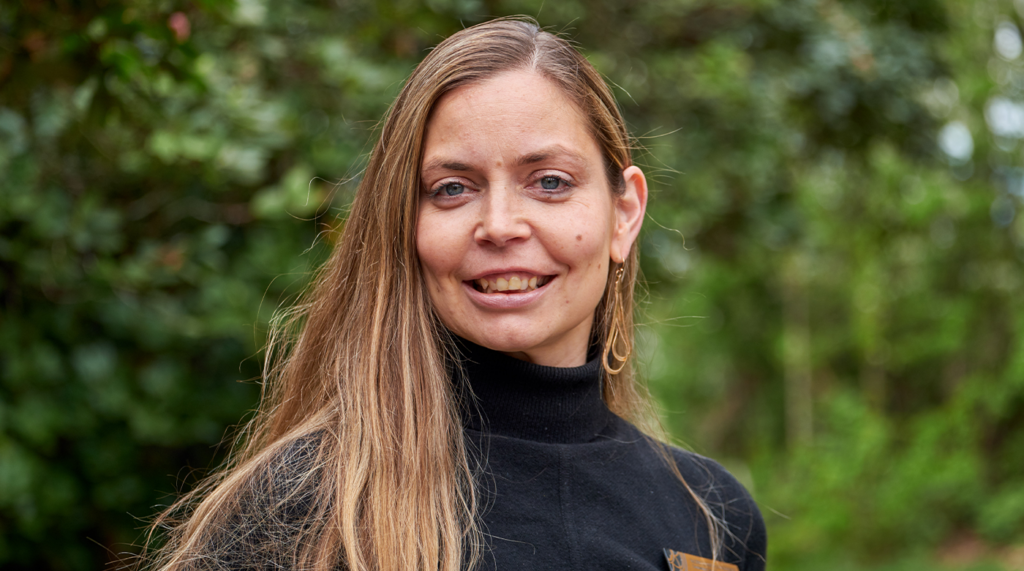Page 206 • (12,573 results in 0.072 seconds)
-
Comfortable and SafeThere aren’t a lot of rules in PLU’s residence halls – just enough to make sure everyone is comfortable and safe. We think you’ll find our policies will give you room to be yourself, while fostering respect for your fellow residents. With the return to fully in person living and learning, it is expected that most all Residential and University policies will return to pre-pandemic form. Specific mitigation measures may be required in line with CDC, State of Washington and
-
for Residential and Off-Campus focusing on Getting Out, Prevention and Protection. Click Here. A First Hand Look Here is an example done at University of Missouri to show students how quickly fire can spread: Dangers of Grease FiresFrom Campus Fire Watch – Here is an example why you don’t extinguish a grease fire with water:Fire Hazards are Serious Business! Interested in Fire Safety? Love hilariously and wonderfully silly videos? If so, watch this video created by the Environmental Health and
-

Seattle Startup Success ‹ Resolute Online: Spring 2015 Home Features Germany J-Term Women’s Center at 25 Jehane Noujaim It’s On Us Attaway Lutes Editor’s Note On Campus Discovery Research Accolades Lute Library Blogs Alumni News Alumni Profiles Homecoming 2015 Twin Cities ‘Waste Not’ Seattle Connections Easter Egg Hunt Night at the Rainiers Alumni Events Class Notes Family and Friends Submit a Class Note Calendar Home Features Germany J-Term Women’s Center at 25 Jehane Noujaim It’s On Us
-
2nd Annual Resource Fair and Summit for Veterans, Spouses and Dependents November 14, 2015 8:00 a.m. – 12:00 p.m. Chris Knutzen Hall, Anderson University Center, Pacific Lutheran University FREE Pacific Lutheran University, along with the Tacoma Alumnae Chapter of Delta Sigma Theta, Inc. Social Action Committee, invites veterans and those who support the veteran community to a Veterans Resource Summit & Fair on the campus of PLU. Representatives from a number of local and regional organizations
-
it can be synthetically influenced to speed up, slow down, or stop entirely is vital to solving problems that originate from everyday bacteria or fungi. The development of new and effective antibiotics is important to the successful treatment of ever-adapting microorganisms. The shikimate pathway that governs the metabolism of plants is a prime target for alterations because humans lack the pathway so altering it will avoid harming or influencing ourselves. Fluorinated analogues of shkimic acid
-

normal. One size fits all is not going to work. We are collectively building a new future that requires fully alive humans who are connected to themselves, one another, and who carry hope. What are students saying they need from PLU? PLU students are a microcosm of the communities from which they came, reflecting the varieties of strengths, pains, health, struggles, and desires of their communities. They are looking for a place of belonging where they matter and their voice matters—in a real
-

, because while I love teaching skills and techniques, I really adore mentoring and getting to know my students better and helping them transition from student to peer. My main goal is to help them succeed in our field beyond PLU and there’s nothing I like better than to receive notices of shows and exhibitions with their names on the listings. What do you hope your students take away from your classes? I want them to be skillful artists, intentional communicators, and good humans. What makes you proud
-

beyond their assumptions. When Heath was designing the class back in 2016, he asked people what they thought were the most damaging things humans were doing and how they would redesign those systems. “I noticed people would get stuck on the fact that ‘This is just the way it is,’ ” Heath says. “The starship, and getting students to believe they are designing it, is essentially a trick to get them out of that box of ‘This is how things are.’” “(The goal is) to get students to really see some of the
-

of class, Heath’s goal is to convince students that they are actually building a starship. It’s the most important part of the course because the starship concept forces students to think beyond their assumptions. When Heath was designing the class back in 2016, he asked people what they thought were the most damaging things humans were doing and how they would redesign those systems. “I noticed people would get stuck on the fact that ‘This is just the way it is,’ ” Heath says. “The starship, and
-
Mediterranean - RL, VW, GE This course introduces the religiously, culturally, and socially diverse world of the Late Bronze Age. During this time, ancient Egypt, Anatolia, Mesopotamia, Syria-Palestine, and Greece created the world's first recorded unified economy. In 1300 BCE, humans believed that all duties were duties to the gods and all events had deity as their cause. Our research shows that three thousand years ago, humans were living productively in a religiously pluralistic society. The ancient
Do you have any feedback for us? If so, feel free to use our Feedback Form.


